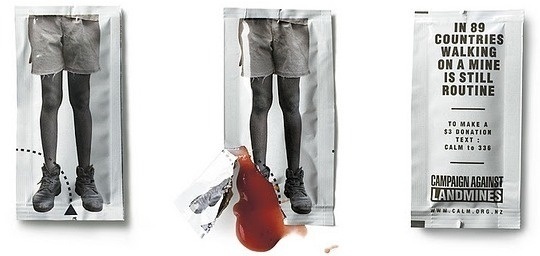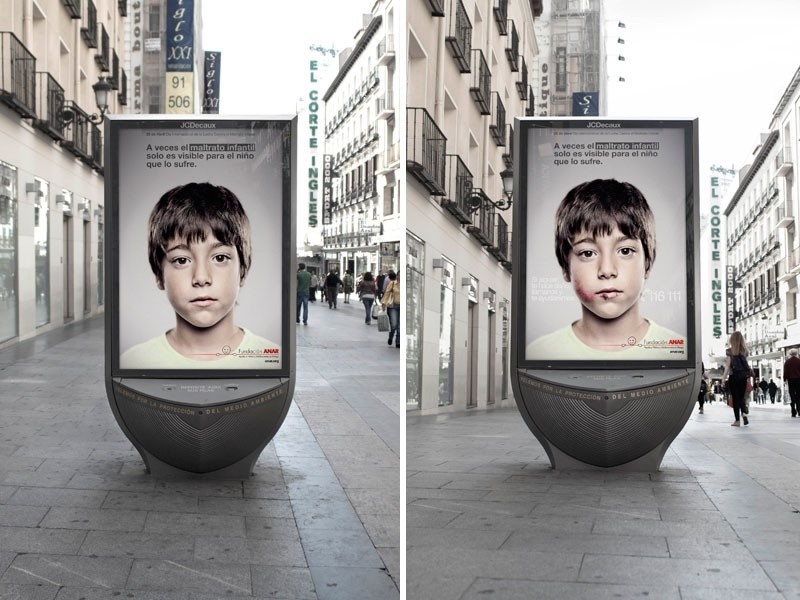|
Last week, Paved With Verbs published some valuable advice for aspiring doctors: “Medical breakthroughs aren’t happening in the field of medicine anymore. If you want to disrupt medicine, you need to take an interdisciplinary and collaborative approach. You’ll need to work with chemists, psychologists, engineers, doctors, and computer scientists.” Indeed, "interdisciplinary" and "collaboration" are hot words in education right now. But there's one group of scholars I (completely unintentionally) left off my list: Humanities majors. The more we learn about medicine, science and technology... the more we are going to need humanities majors. Why? Geneticists have now identified several genes that can tell us pretty positively whether someone is going to develop Alzheimer's disease -- and not everyone who might have the gene wants to know if they have it. But who has the right to know? Who has the right to ask for that information? If I'm looking for a new CEO for my company, should I be allowed to ask candidates to submit to genetic screening? If I'm running for President of the United States, does the American public have a right to know if I might begin showing signs of Alzheimer's before the end of my presidency? This isn't a hypothetical. In my lifetime, we have already had at least one commander-in-chief to whom this would have applied. In a similar vein, brain imaging technology has improved immensely over the last decade. We've gotten to the point where neuroimaging can us tell when you're lying, and when you're telling the truth. This technology isn't admissible in court -- yet. But should it be? What about in the workplace? What about in schools? Why are lie detectors, which are based on an older technology and known to be unreliable, admissible if fMRI isn't? Or how about this. Yesterday, a groundbreaking paper came out in Nature Biotech. Using a hot new technology called CRISPR and a method called "gene drive," scientists have developed a way to eliminate malaria, which kills over one million people per year. Here's the catch: it involves eradicating an entire species of mosquitoes. Obviously human lives are more valuable than mosquito lives, right? But what about animals that eat mosquitoes -- what will happen to them? If bats and birds (and then their predators) start dying, then is it okay? But what about concerns about overpopulation, and the theory that malaria is the only reason we still have rainforests? And then there are much more simple (or are they?) questions -- like why do White patients do better than Black patients? Do doctors treat treat all their patients the same way? Are some races more likely to follow a treatment than others -- or does it have to do with physiology? What changes need to be made to the medical school curriculum -- especially if, as venture capitalist Vinod Khosla predicts, "Soon, 80% of what doctors do will be done better by machines." What about the other 20%? If machines are all about data... the other 20% must have something to do with doctor-patient interaction. This is not a problem we can solve without social science. I'm not the only person to realize the power of humanities in the modern world. Google created an "In-House Philosopher" position for technologist-turned-philosopher Damon Horowitz, who gave the following talk at Stanford: In his words, "Humanities thinking is crucial in the tech industry... Quit your tech job, and go study the humanities." Yes, computers give you "super powers" -- but the world still needs creative types. It needs people who "understand the nature of thought, the structure, the grounds of meaning." Technology is a great tool, but it cannot solve all of humanity's problems. We need psychologists. We need political scientists. We need writers and artists. After all, without them, who would come up with brilliant ad campaigns like theses: Landmine campaign -- printed on ketchup packets. Chilling! Help For Child Abuse Victims. The version on the left is what an adult would see. The one on the right is only visible from 4.5 feet or lower. It reads, "If someone is hurting you, call this number." Who would raise funds for nonprofits, define new policies and market valuable products? And, sure, it might be a little harder or take a little longer for humanities majors to find their success. But if your child has resilience, resourcefulness and creativity, they will definitely figure it out before too long.
2 Comments
Leave a Reply. |
AuthorEva Glasrud completed her B.A. and M.A. at Stanford. She is now a college counselor and life coach for gifted youth. Archives
October 2022
Categories
All
|


 RSS Feed
RSS Feed